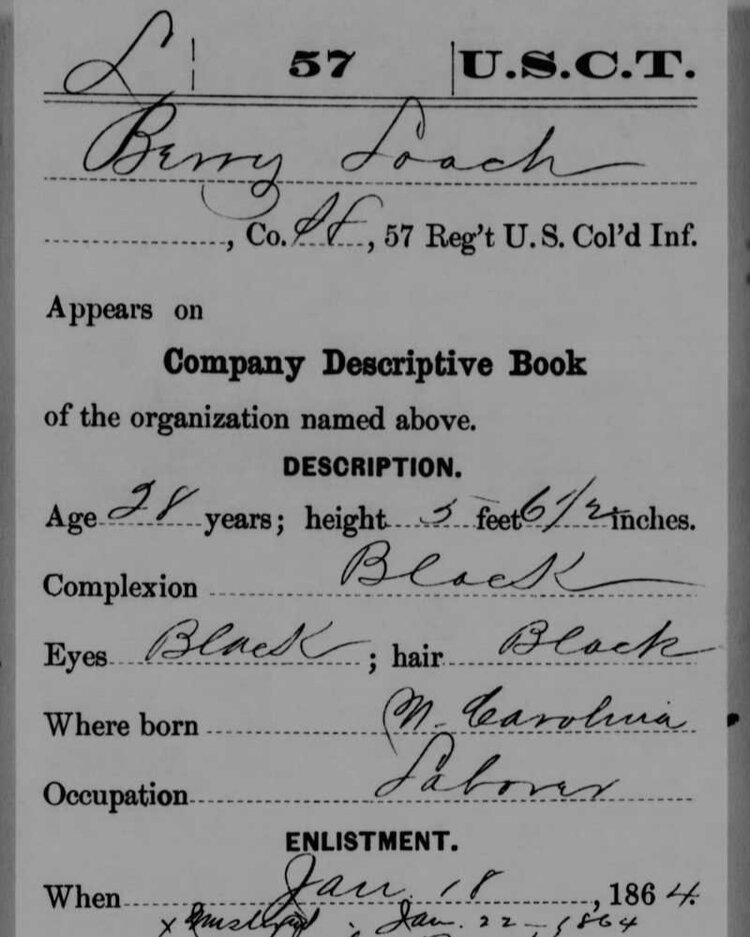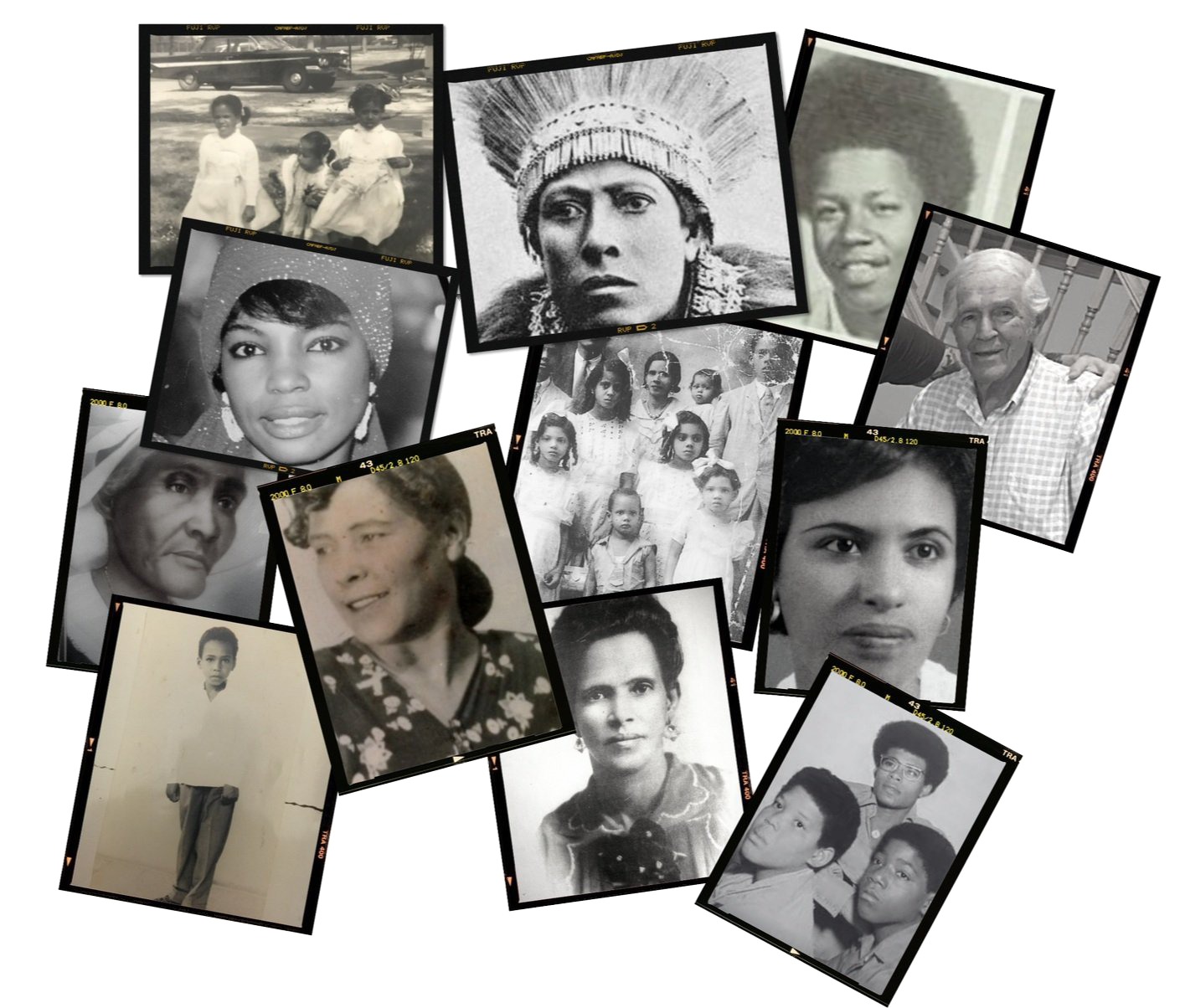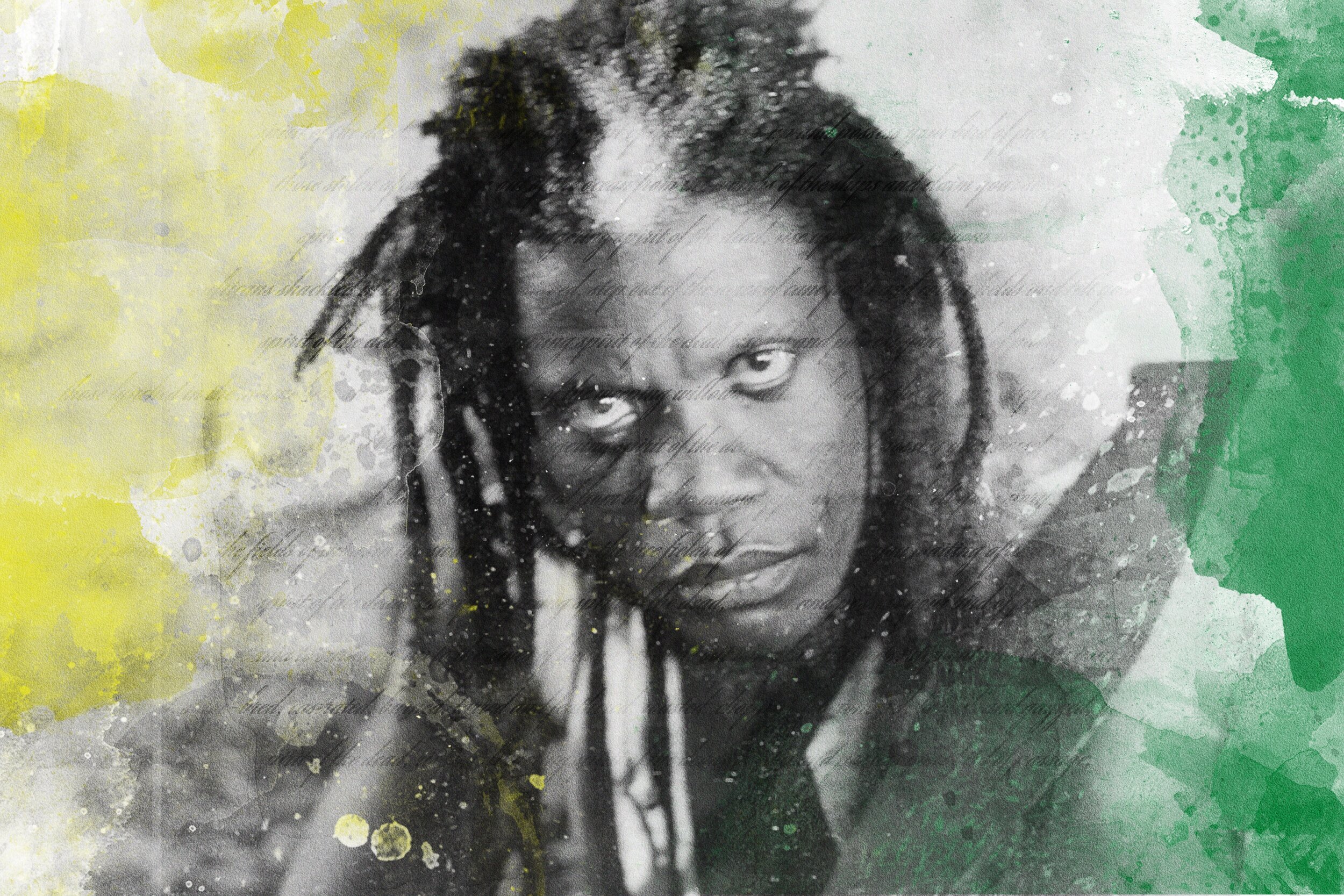LESSON TWO • ACTIVITY
It’s A Family Affair
Listen to the family research audio lessons,
then answer the reflection questions.
LESSON TWO • ACTIVITY
It’s A Family Affair
Listen to the family research audio lessons, then answer the reflection questions.
What is Genealogy?
Genealogy is the study of family and the practice of tracing family history. People use genealogy to learn more about their ancestors, the places their families came from and what their lives were like. Genealogy can help us learn more about what our ancestors lived through in order for us to exist today, and can help us understand our families and ourselves.
When we study genealogy, we’re not just learning about our nuclear family; we’re also learning about extended family and community networks, the people who feel like family. All of those people have an impact on who we are and how we live today.
There are different ways to access genealogical information, but we recommend getting started by talking to a family member, friend, or community member who is older than you to learn more about their story — when and where they were born, who they grew up with and experiences they remember strongly.
What is Genealogy?
Genealogy is the study of family and the practice of tracing family history. People use genealogy to learn more about their ancestors, the places their families came from and what their lives were like. Genealogy can help us learn more about what our ancestors lived through in order for us to exist today, and can help us understand our families and ourselves.
When we study genealogy, we’re not just learning about our nuclear family; we’re also learning about extended family and community networks, the people who feel like family. All of those people have an impact on who we are and how we live today.
There are different ways to access genealogical information, but we recommend getting started by talking to a family member, friend, or community member who is older than you to learn more about their story — when and where they were born, who they grew up with and experiences they remember strongly.
Make
a family tree chart based on the information you’ve learned in this activity. It’s okay if you can’t fill it all in yet. It can take decades to build a tree. Start with the information you know and document what family members and friends tell you on your tree. You can download free family tree and ancestor charts from the National Genealogical Society.
Explore
by performing an online search to learn one new fact about the place where you live. Sample information to search for includes:
-
Who was the first mayor or leader of your city?
-
When was the first public school built?
-
Who or what is your town, city, or county named after?
What indigenous people previously lived on the land you live on now?
Make
a family tree chart based on the information you’ve learned in this activity. It’s okay if you can’t fill it all in yet. It can take decades to build a tree. Start with the information you know and document what family members and friends tell you on your tree. You can download free family tree and ancestor charts from the National Genealogical Society.
Explore
by performing an online search to learn one new fact about the place where you live. Sample information to search for includes:
-
Who was the first mayor or leader of your city?
-
When was the first public school built?
-
Who or what is your town, city, or county named after?
What indigenous people previously lived on the land you live on now?
Reflection Questions:
- 1. Why is genealogy important beyond finding out more details of your immediate family?
- 2. Why is exploring family genealogy sometimes challenging or painful?
- 3. Family can mean many things to different people. What challenges could be faced by individuals who are adopted? What about people who are not in contact with their immediate family?
Reflection Questions:
- 1. Why is genealogy important beyond finding out more details of your immediate family?
- 2. Why is exploring family genealogy sometimes challenging or painful?
- 3. Family can mean many things to different people. What challenges could be faced by individuals who are adopted? What about people who are not in contact with their immediate family?
Continue Building Your Tree!
Listen to the audio lessons below to continue researching your family and community.
Continue Building
Your Tree!
Listen to the audio lessons below to continue researching your family and community.
Reflection Questions:
-
How is the census a valuable source for learning about your ancestors?
-
What are the limitations of the census in tracing Black ancestors before the Civil War?
-
How have questions about race and ethnicity changed with each census?
Reflection Questions:
-
How is the census a valuable source for learning about your ancestors?
-
What are the limitations of the census in tracing Black ancestors before the Civil War?
-
How have questions about race and ethnicity changed with each census?
Reflection Questions:
-
Which of the various types of vital records discussed above are potentially the most relevant for researching ancestors in your own family?
-
Although they might not be digitized yet, what kinds of vital or community records do you think have documented your own life so far?
Reflection Questions:
-
Which of the various types of vital records discussed above are potentially the most relevant for researching ancestors in your own family?
-
Although they might not be digitized yet, what kinds of vital or community records do you think have documented your own life so far?
Reflection Questions:
-
Most “slave schedules” in the census before 1870 did not record names, only ages. How does this contribute to genealogy’s 1870 “brick wall”? How can searching Freedmen’s records help?
-
Why was the Freedmen’s Bureau significant to newly emancipated people? What kinds of information do its records capture?
Reflection Questions:
-
Most “slave schedules” in the census before 1870 did not record names, only ages. How does this contribute to genealogy’s 1870 “brick wall”? How can searching Freedmen’s records help?
-
Why was the Freedmen’s Bureau significant to newly emancipated people? What kinds of information do its records capture?
Reflection Questions:
-
How is genealogical research different when searching for tribal ancestors or those who were immigrants from other countries?
-
How can you still learn information from the vital records of your ancestors from other countries if you don’t read the languages spoken there?
Reflection Questions:
-
How is genealogical research different when searching for tribal ancestors or those who were immigrants from other countries?
-
How can you still learn information from the vital records of your ancestors from other countries if you don’t read the languages spoken there?
Records aren’t always perfect.
People’s names are sometimes misspelled, their ages are listed incorrectly, and sometimes the handwriting is messy and difficult to read.
Be patient and try not to get frustrated if and when records become confusing.

Records aren’t always perfect.
People’s names are sometimes misspelled, their ages are listed incorrectly, and sometimes the handwriting is messy and difficult to read.
Be patient and try not to get frustrated if and when records become confusing.
My grandmother’s story is my story. No one owes it to me to make my grandmother’s story but me.”
My grandmother’s story is my story. No one owes it to me to make my grandmother’s story but me.”
Digging Deeper
Looking for research inspiration? Check out these videos to learn more!


